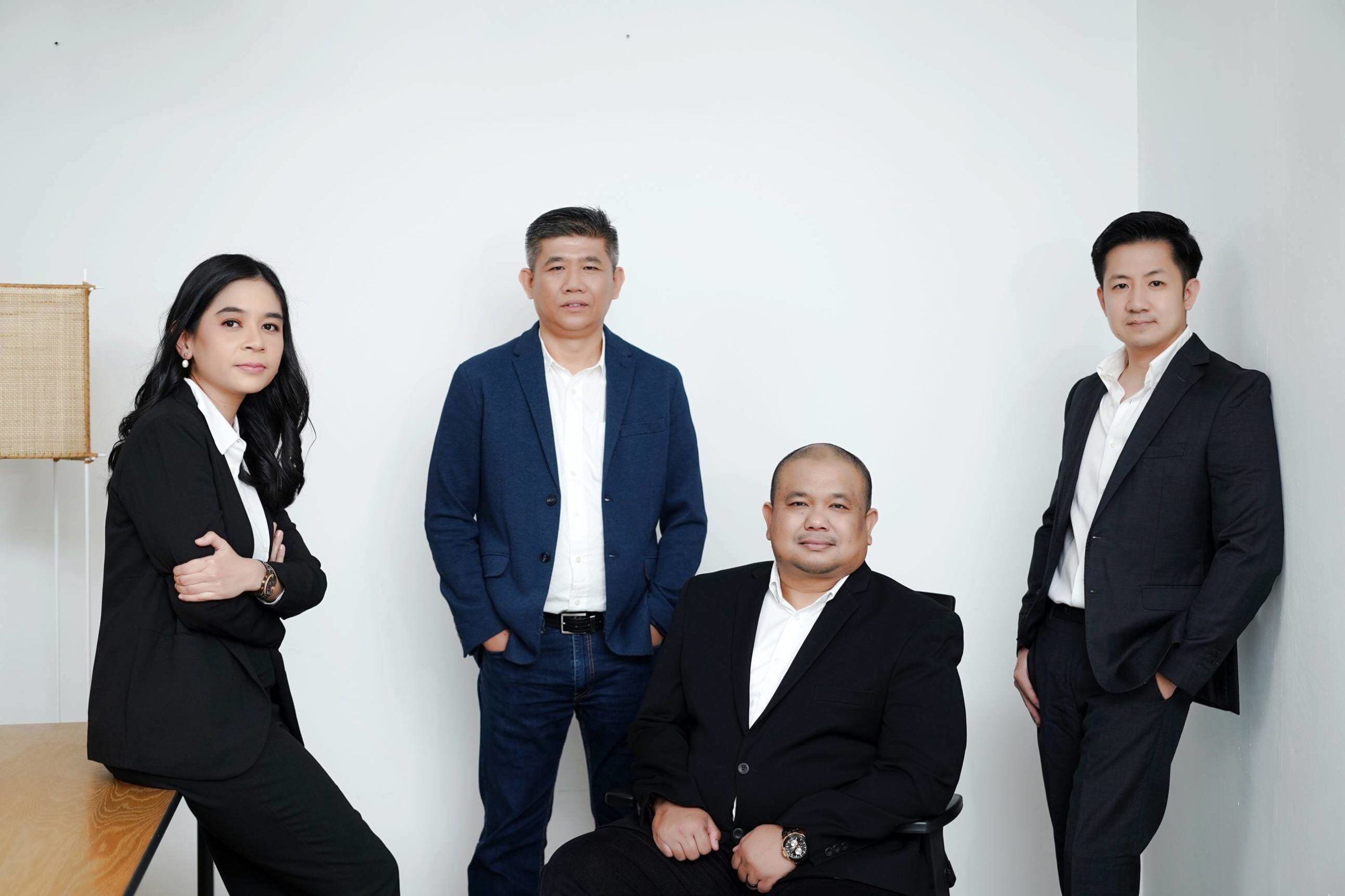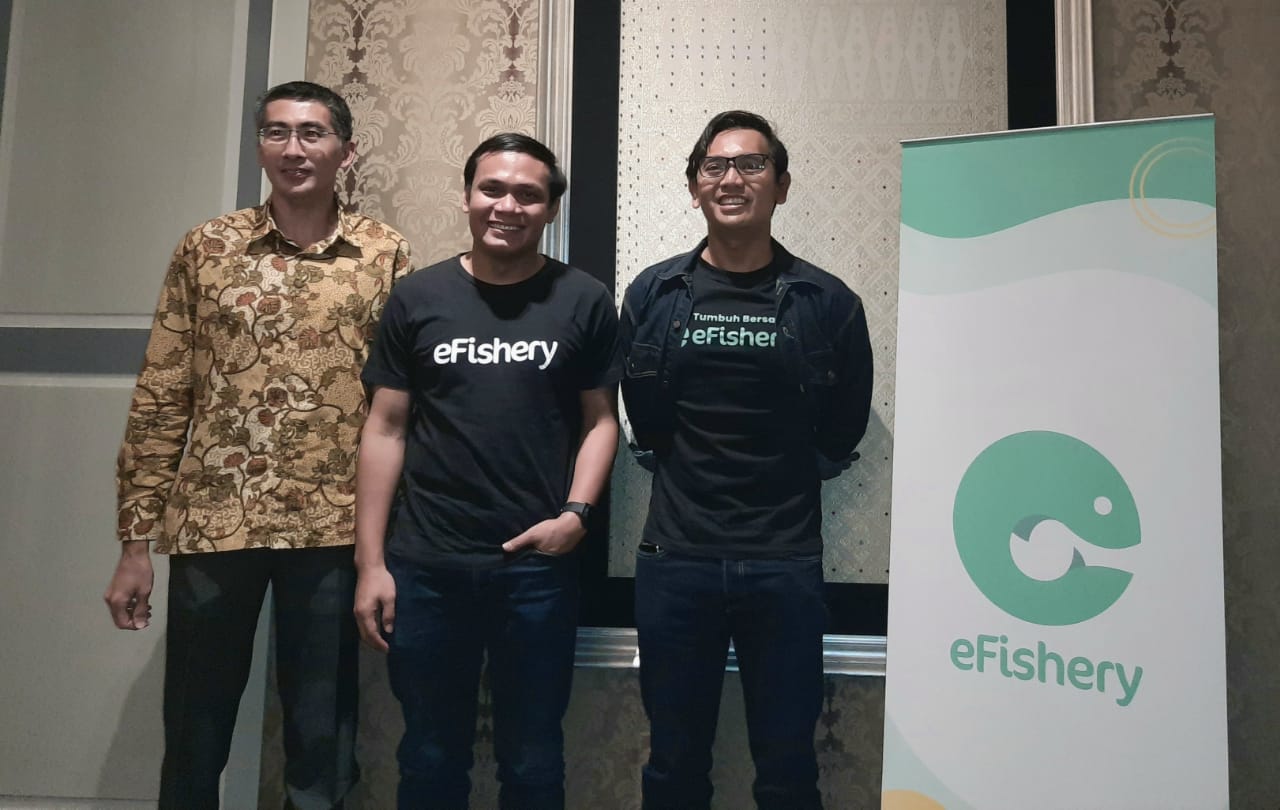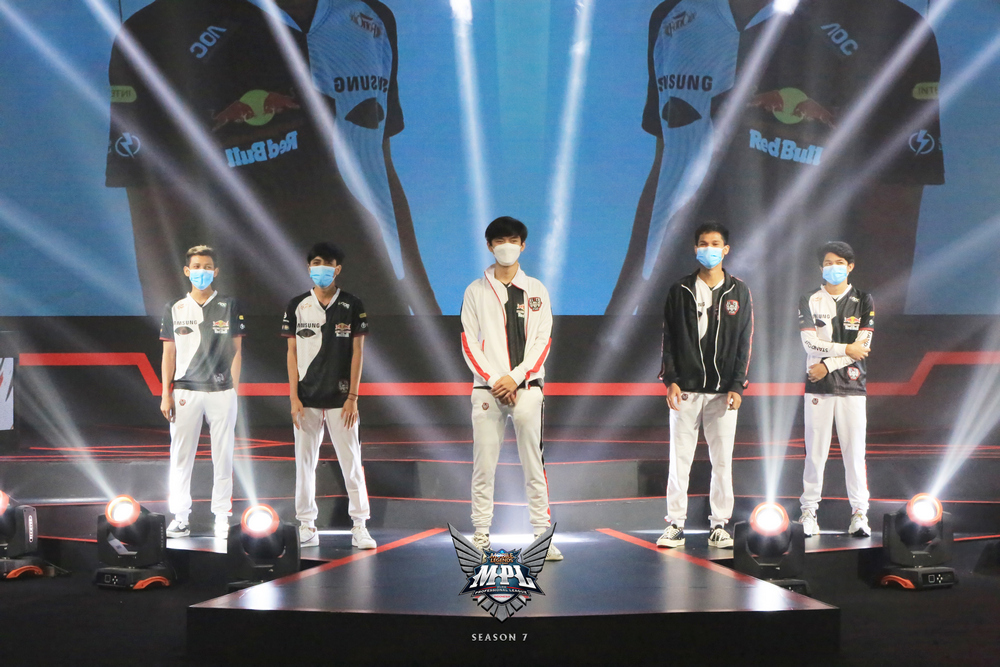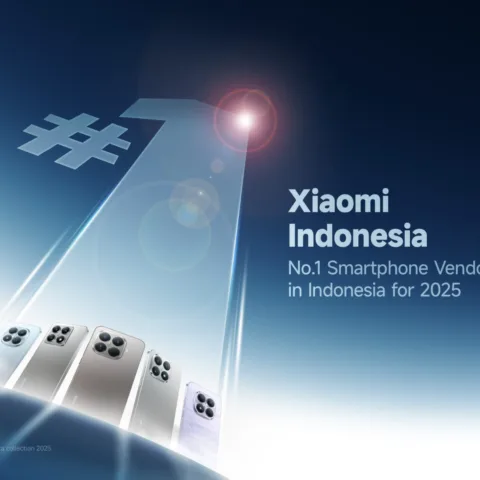The online grocery platform Segari today (22/3) announced seed funding. This round was led by Beenext with the participation of AC Ventures and Saison Capital. Some angel investors involved are undisclosed.
Segari (PT Sayur Untuk Sudah) was founded by three, including Yosua Setiawan (CEO), Farand Anugerah (COO), and Farandy Ramadhana (CTO). Segari’s vision is to bring high-quality fresh products to households in Indonesia.
“Getting high quality and consistent [fresh produce] is difficult. Not everyone is capable, that is why we focus on it. While other players may focus on expanding SKUs, lowest prices, or expanding areas; we build infrastructure to focus on quality. This is what our customers love,” Setiawan said.
One of the approaches, Segari utilizes a micro warehouse network and thousands of agents in Jakarta for product distribution. Currently, ordering is available via the mobile website or released application.
Segari ensured that each product arrived at the customer’s house no more than 15 hours after harvesting. It is not by keeping stock of goods, but by making a strict prediction of customer demand by balancing the harvest schedules of the farmers.
“We are building an internally tailored end-to-end technology infrastructure to deal with this complex supply chain issue. This includes product receiving from farmers, to long-distance delivery to customers,” Ramadhana added.
Segari exists amid the growing online grocery industry. Even though this category only plays a small part in the whole e-commerce GMV, there is great potential for the Indonesian market. Case studies from abroad, as those conducted by Ding Dong Mai Chai (China), Big Basket (India), Ocado (Europe); shows the potential of online grocery services to hypergrowth and lead to unicorn-equivalent valuations.
Survey by Segari team shows that despite the social restrictions caused by the pandemic, people in Jakarta still went to supermarkets or markets to buy groceries. They do not fully believe in online transactions for fresh products, because they are worried about the quality and freshness of the product.
For AC Ventures’ Managing Partner, Adrian Li, “Segari’s value proposition in producing high-quality products through a data-driven and micro warehouse approach to set them apart from other platforms.” He also believes that fresh products have the potential to become the next opportunity for the e-commerce business, especially because they are driven by changing trends that occur due to Covid-19.
It is undeniable, the online grocery competition is getting tougher. Apart from the new arrivals, legacy players are continue to expand the scope of their products and businesses. For example, Happyfresh, which now covers the Java and Bali areas – besides, it has partnered with Grab and Bualapak.
In addition, there is Sayurbox which continues to expand its market coverage. Recently, they reportedly received an investment from Tokopedia – the consolidation allows them to connect with the ecosystem of the largest local marketplace customer in Indonesia. Also, there is a Kedai Sayur with a unique approach, collaborating with thousands of mobile vegetable seller partners.
On the other hand, the Decacorn Gojek also continues to explore the online grocery market through GoMart. Other big players like Blibli are also doing the same thing through their O2O strategy.
–
Original article is in Indonesian, translated by Kristin Siagian












